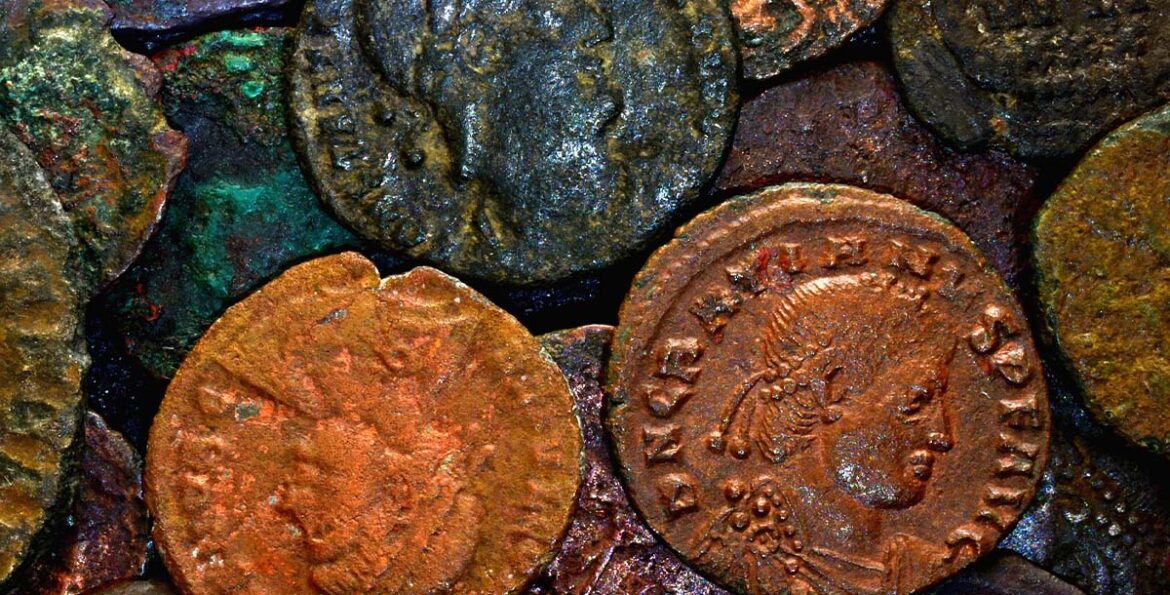
- Home
- Uncategorised
- The British Usurper

The British Usurper
- 21st September 2020
- Category : Uncategorised
Our short story of the week is a story about forgery by Julia Clayton.
Julia Clayton studied Economics at the LSE and Ancient History at King’s College London. For twenty-three years she was Head of Classics at King George V College, Southport, a state-sector sixth-form college. In summer 2019 she decided to retire from teaching in order to concentrate on writing and research. Her short stories, often inspired by visits to museums and archaeological sites, explore the different ways in which we seek to reconstruct the past, including issues of authenticity and fakery. She loves ancient and modern languages – the more obscure the better – and her goal is to visit every country in Europe (38 so far).
Julia has been writing on and off since she was a teenager – mostly short stories and travel pieces (she was a runner-up in a Daily Telegraph competition, ‘Fall of the Wall’, about life in the former DDR after German reunification). In 2017 she decided that she wanted to devote a lot more time to writing, so she enrolled as a part-time student on the MA Creative Writing course at Edge Hill University, Lancashire. In 2018 she won the Edge Hill MA Short Story Prize with a story called Open Evening; three of her other short stories were shortlisted for the Fish International Short Story Prize in 2019. In 2018 she was commissioned to write a short story (A Short History of the Banana) to accompany an exhibition on the Great War at a local museum, the Chapel Gallery in Ormskirk. As well as writing short stories, she has also completed a historical novel set in Sparta in 399 BC, and is currently working on her second novel.
The British Usurper follows a frustrated museum curator who spins a web of deceit.
Enjoy!
‘Most archaeologists of Ged’s acquaintance could not resist taking something from every site they visited. Nothing crucial, nothing that could affect the interpretation of the site, not ‘treasure’ (he loved the fact that treasure was still a legal concept in the twenty-first century). Just stuff lying on the ground, ignored and neglected, at risk from the feet of passing tourists who couldn’t appreciate these items like the archaeologists did. They pocketed loose tesserae from the floors of Roman bathhouses, fragments of window tracery from roofless abbeys, potsherds from the acropolis of ancient Sparta, small chunks of painted wall plaster from Pompeii.
Ged was different. He didn’t take artefacts from ancient sites, he left new ones behind.‘














